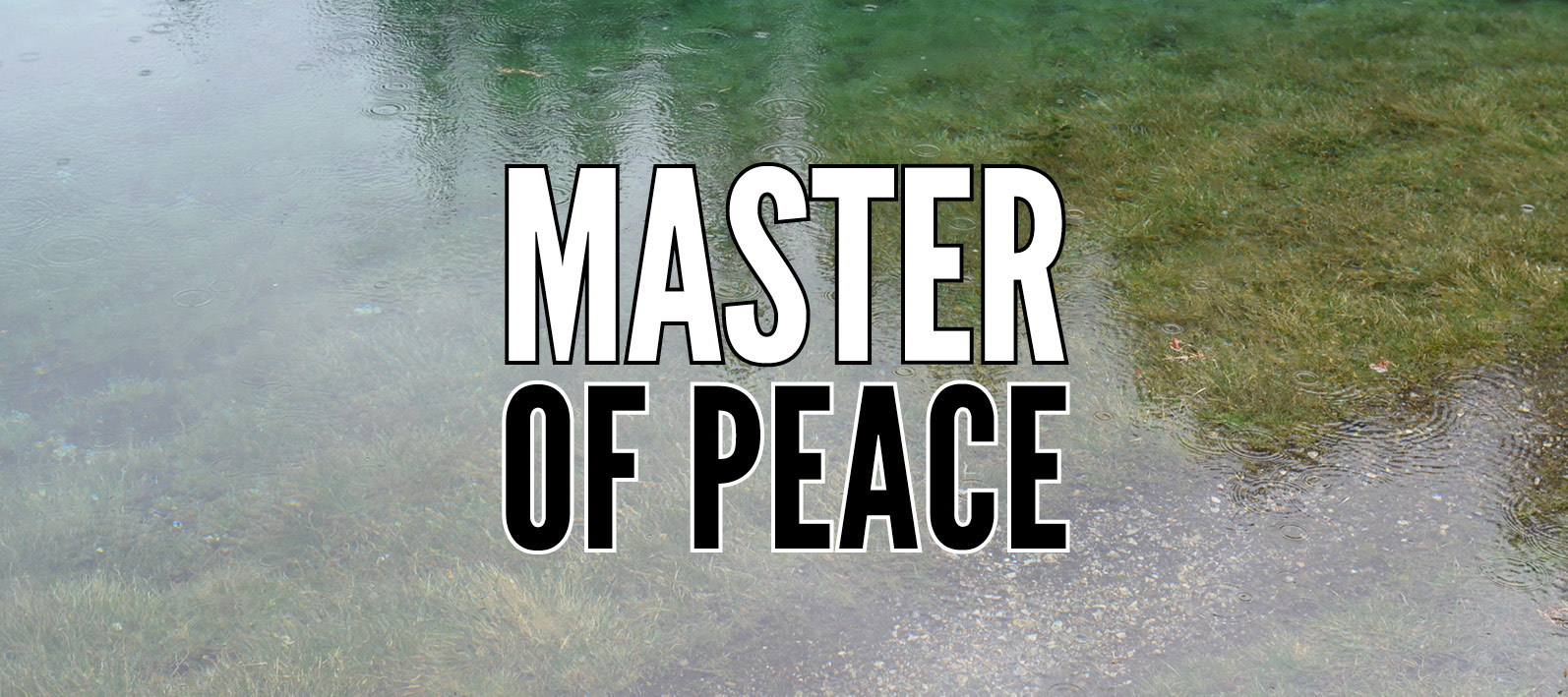The Role of Women in Clan Conflict Mediation – Women’s Peacebuilding Initiatives and Success Stories in Puntland
The academic purpose of writing my thesis is to shed light on some of the success stories of Somali women when it comes to conflict mediation. In the discussion of peacebuilding and conflict mediation in the Somali context, the first thing that usually comes to mind is the role of the ‘traditional elders,’ which has also been expressed in many policy papers. More specifically, the emphasis is put on the fact that they are a strong pillar within the society. In my thesis, I present another picture that includes the work of the traditional elders and the role played by the traditional mechanism of conflict mediation (i.e. the customary law), while highlighting the tremendous work of Somali women peace activists. Although the main research question focuses on how Somali women participate in the ongoing peacebuilding and clan conflict mediation, it was necessary for me to expand the topic and discuss the role of customary law, kinship and the construction of the Somali clan system in order to give the readers an overview of the dynamics of change within the Somali society and how all these factors impacted (both positively and negatively) peacebuilding, politics and gender roles within the society.
***
Diving into the thesis, conducting the interviews and doing the analysis reminded me how fulfilling life was when I was working in the field, no matter how dangerous it was. It gave me a lot of self reflection on many topics. But it was really challenging for me to discuss such a wide topic in such concise pages. In the Somali context, we cannot only discuss the political dynamics or specific gender roles without first presenting an overview picture of the clan dynamics, the civil war and the use of customary law since they all have direct effect in everyday life activities.

